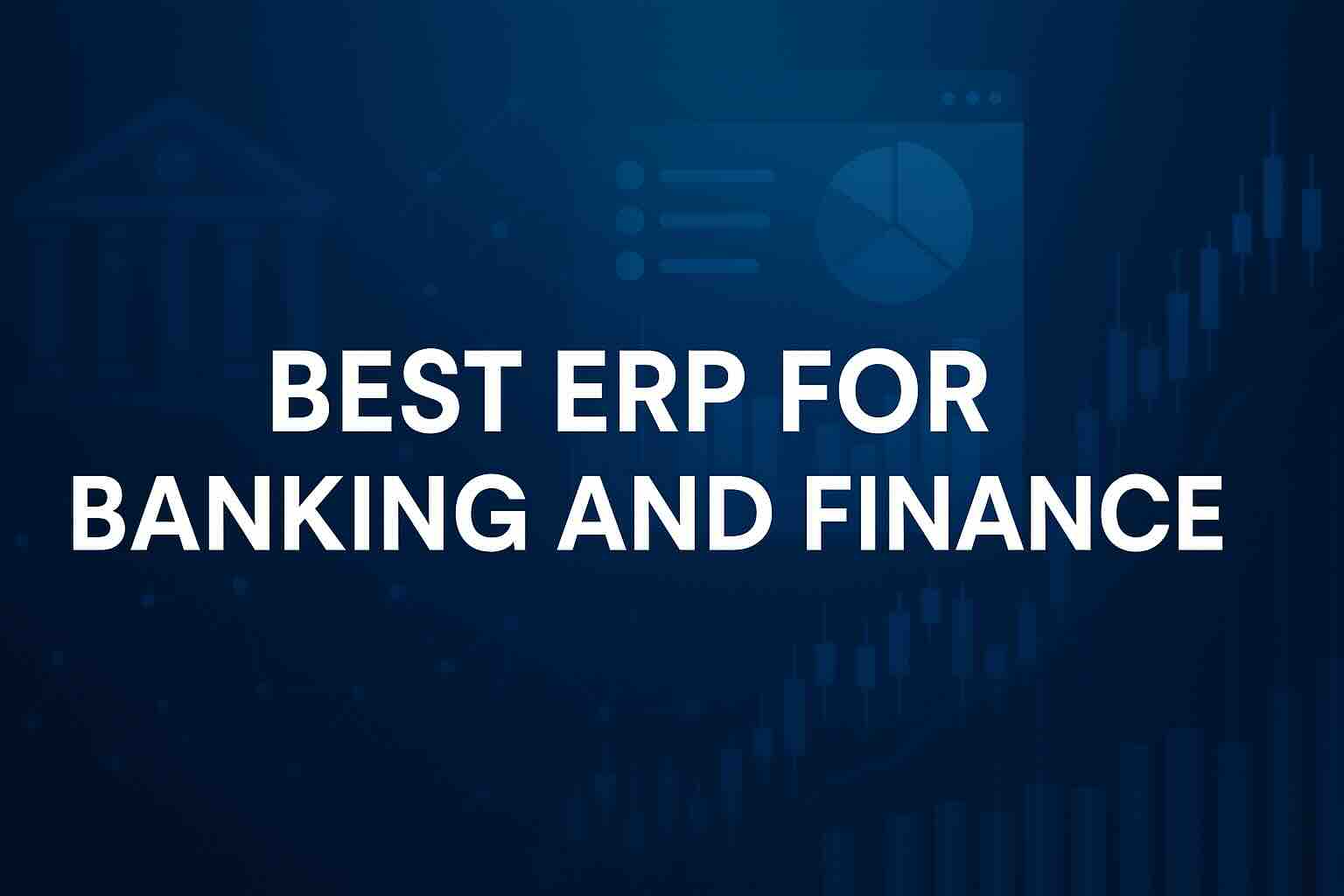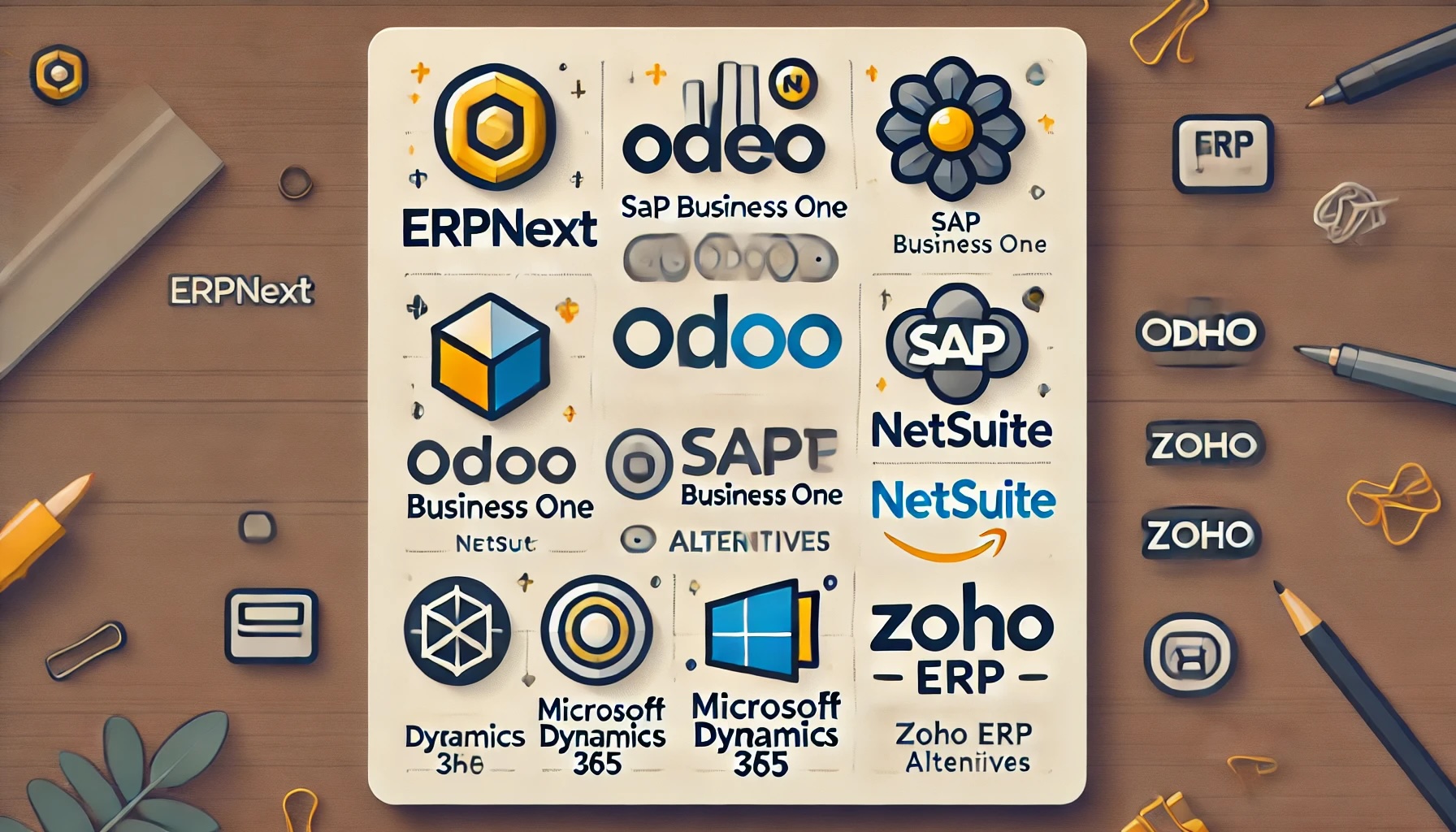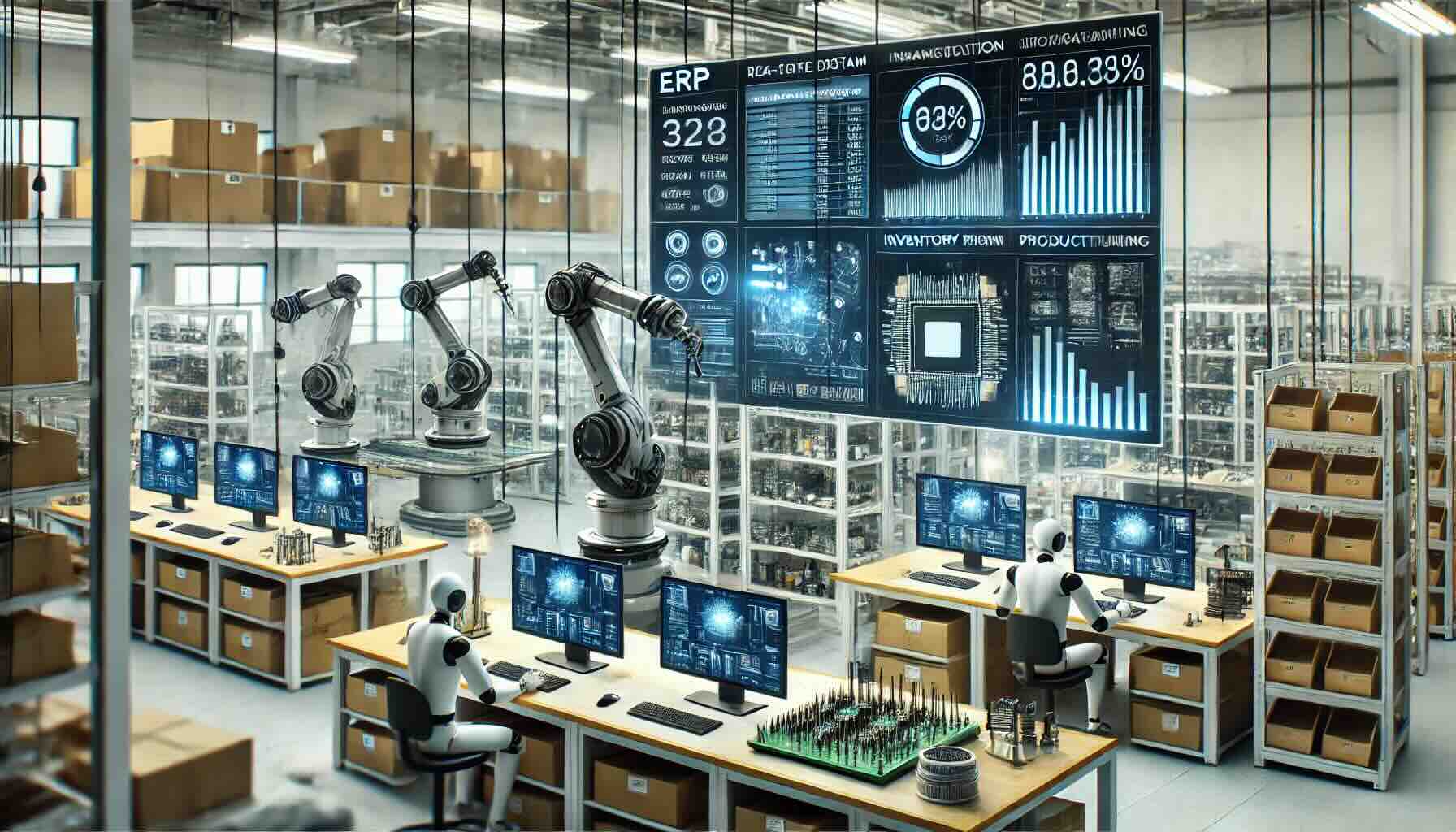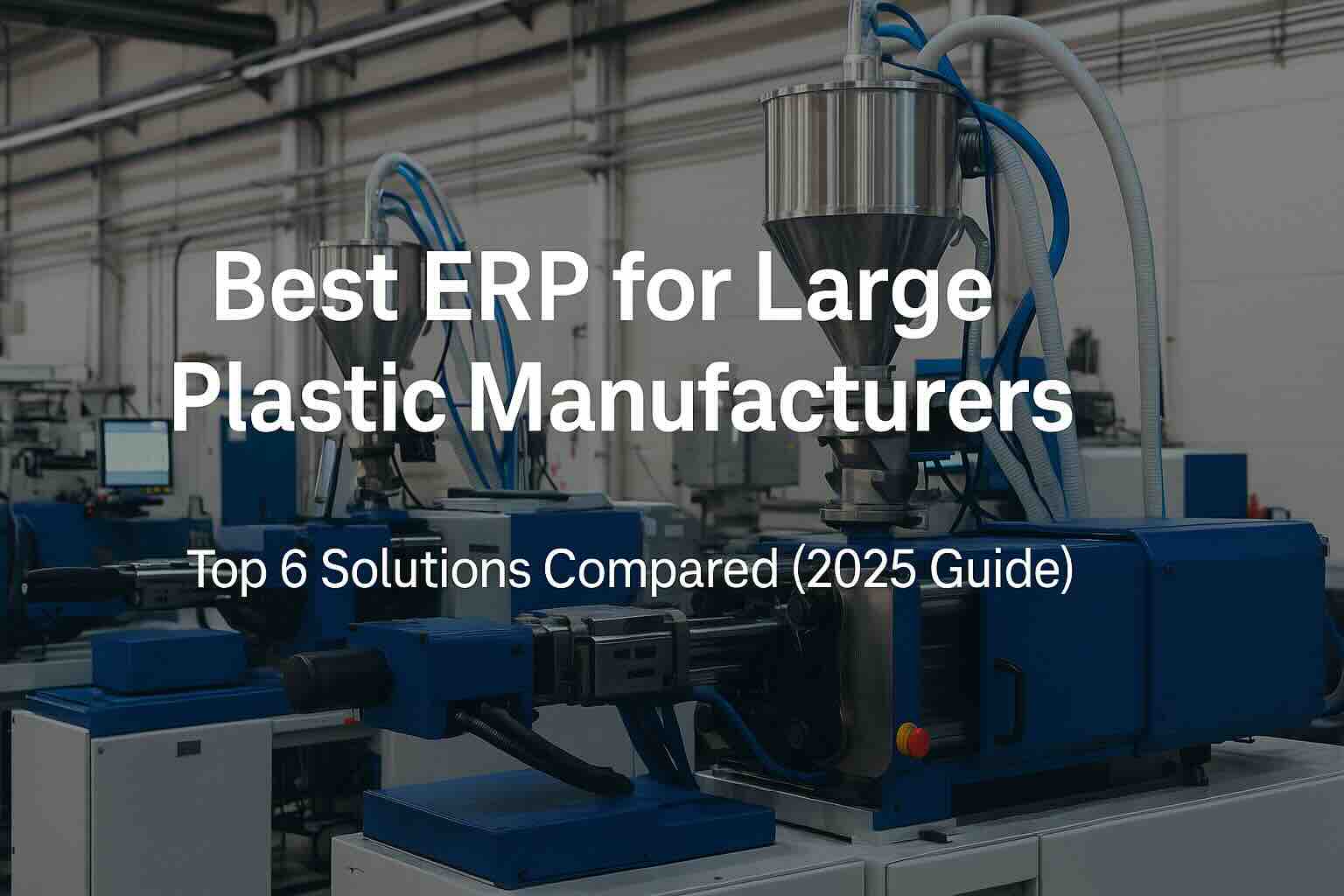Best ERP for Construction

In the construction industry, efficient management of projects, resources, and finances is crucial to success. The right ERP (Enterprise Resource Planning) system can streamline these processes, enhance productivity, and provide real-time insights. When searching for the best ERP for construction, it’s essential to understand the strengths and weaknesses of the top vendors to make an informed decision. This blog will provide a detailed comparison of the leading ERP systems for the construction industry, focusing on Epicor, IFS Cloud, Acumatica, Oracle Cloud, and SAP S/4HANA.
Understanding the Construction Industry’s ERP Needs
The construction industry requires ERP systems that can handle project management, cost estimation, resource allocation, and compliance with safety and regulatory standards. Key features to look for in an ERP system for construction include:
- Project Management: Efficient tracking of project progress, timelines, and budgets.
- Resource Management: Allocation and management of labor, equipment, and materials.
- Financial Management: Robust tools for accounting, billing, and financial reporting.
- Compliance and Safety: Features to ensure compliance with industry regulations and safety standards.
- Integration Capabilities: Seamless integration with other construction management tools and software.
Top ERP Systems for the Construction Industry
Here are the top five ERP systems for the construction industry, along with their strengths and weaknesses:
Epicor
Strengths:
- Comprehensive Project Management Features: Epicor offers robust tools for planning, scheduling, and executing projects, ensuring timely delivery and cost control.
- Strong Financial Management Tools: With advanced financial modules, Epicor handles complex accounting, budgeting, and financial reporting needs.
- Excellent Customer Support: Epicor is known for its responsive and knowledgeable customer service, providing extensive support and training.
- Flexible and Customizable: Epicor can be tailored to meet specific business needs, accommodating various workflows and processes.
Weaknesses:
- Higher Cost Compared to Some Competitors: The comprehensive features come with a higher price tag, which may be a barrier for smaller businesses.
- Steep Learning Curve: New users may find Epicor complex and challenging to master without significant training.
- Complex Initial Setup and Configuration: The implementation process can be time-consuming and requires careful planning and resources.
- Limited Mobile Functionality: Although improving, Epicor’s mobile capabilities are not as robust as some competitors.
Click this link to find out more about Epicor for construction.
IFS Cloud
Strengths:
- Robust Project and Asset Management Tools: IFS Cloud excels in managing large-scale projects and assets, ensuring efficient utilization and maintenance.
- Excellent Integration Capabilities: It integrates seamlessly with various third-party applications, enhancing its functionality and flexibility.
- Strong Analytics and Reporting Features: IFS Cloud provides powerful data analytics and reporting tools for informed decision-making.
- Scalable for Large Enterprises: IFS Cloud can handle the demands of large construction firms, offering scalability and robust performance.
Weaknesses:
- High Implementation and Customization Costs: The extensive customization options come at a high price, making it less affordable for smaller businesses.
- Significant Training Required: Users need substantial training to utilize the system effectively, which can be time-consuming and costly.
- Interface Can Be Less Intuitive: Some users find the user interface less user-friendly compared to other systems, which can impact adoption rates.
- Limited Third-Party Integrations: While it integrates well with certain applications, the range of supported third-party integrations is not as extensive as some competitors.
Click this link to find out more about IFS Cloud for construction.
Acumatica
Strengths:
- Cloud-Based with Excellent Scalability: Acumatica’s cloud infrastructure allows for easy scaling and access from anywhere, supporting remote work and multi-site operations.
- Strong Project Accounting and Management Features: It offers comprehensive tools for managing project costs, schedules, and resources efficiently.
- User-Friendly Interface and Ease of Use: Acumatica is known for its intuitive interface, making it easy for users to navigate and operate.
- Flexible Pricing Model Based on Usage: The pricing model is adaptable, allowing businesses to pay based on their usage, which can be cost-effective.
Weaknesses:
- Limited Market Presence Compared to Larger Vendors: Acumatica is less established than some of its larger competitors, which may be a consideration for some businesses.
- Fewer Out-of-the-Box Features for Large Enterprises: While robust for small to mid-sized businesses, it may lack some advanced features needed by very large enterprises.
- Customization Can Require Technical Expertise: Significant customization often requires technical skills, which may necessitate hiring specialists.
- Integration with Legacy Systems Can Be Challenging: Integrating Acumatica with older, legacy systems can be complex and may require additional resources.
Click this link to find out more about Acumatica for construction.
Oracle Cloud
Strengths:
- Comprehensive Suite Covering All Aspects of Construction Management: Oracle Cloud offers a broad range of tools for managing projects, finances, and resources effectively.
- Excellent Analytics and Business Intelligence Capabilities: Advanced data analytics and BI tools provide deep insights and support strategic decision-making.
- Strong Security Features: Oracle Cloud includes robust security measures to protect sensitive data and ensure compliance with regulations.
- Scalable for Large Enterprises: It is designed to meet the needs of large construction firms, offering high scalability and performance.
Weaknesses:
- Higher Cost of Ownership: The extensive features and capabilities come with a higher price tag, which may be prohibitive for smaller companies.
- Complex Implementation Process: Deploying Oracle Cloud can be time-consuming and complex, requiring significant planning and resources.
- Requires Significant Training for Effective Use: Users need extensive training to take full advantage of the system’s capabilities.
- Customer Support Can Be Inconsistent: Some users report variability in the quality and responsiveness of customer support.
Click this link to find out more about Oracle Cloud for construction.
SAP S/4HANA
Strengths:
- Comprehensive Suite of Features: SAP S/4HANA offers a wide range of tools for project management, financials, and resource planning.
- Strong Financial Management and Reporting Tools: It excels in financial management, providing detailed reporting and analytics.
- Excellent Integration Capabilities: SAP S/4HANA integrates well with other SAP products and third-party applications, enhancing its versatility.
- Robust Analytics and Real-Time Data Processing: Advanced analytics and real-time data processing capabilities support informed decision-making.
Weaknesses:
- High Cost and Complex Implementation: The system is expensive and requires significant resources for implementation, which can be challenging for smaller businesses.
- Steep Learning Curve: Users need extensive training to utilize the system effectively, which can impact initial productivity.
- Requires Significant Training and Technical Expertise: The complexity of SAP S/4HANA means that substantial training and technical expertise are necessary for effective use.
- Customer Support Response Times Can Vary: Some users report inconsistent response times from customer support, which can affect issue resolution.
Click this link to find out more about SAP S/4HANA for construction.
Making the Right Choice
When selecting the best ERP for construction, it’s essential to align the system’s capabilities with your specific business needs. Here are some steps to guide your decision:
- Assess Your Needs: Conduct a thorough assessment of your construction management processes and identify your ERP requirements.
- Evaluate Vendors: Compare ERP vendors based on their strengths, weaknesses, and how well they meet your specific needs.
- Request Demos: Schedule demos to see how each ERP system handles your specific requirements.
- Consider Total Cost of Ownership: Factor in not just the initial costs, but also the long-term costs associated with maintenance, support, and upgrades.
- Check References: Speak with other construction companies that have implemented the ERP systems you are considering.
Conclusion
Choosing the best ERP for construction is a crucial decision that can significantly impact your project’s efficiency, cost management, and overall business success. By carefully comparing ERP systems and considering the unique needs of the construction industry, you can find a solution that not only meets your current requirements but also supports your future growth and innovation. Remember to focus on project management, resource management, financial management, compliance, and integration capabilities as you evaluate the best ERP for construction. This approach will help you make a well-informed decision that enhances your business performance and resilience in a competitive market.
To compare these ERP solutions and many more, you can use our new AI-powered Compare ERP tool. It’s free to use and you get a guaranteed discount on your first year’s licence fees with a referral from Compare ERP.









